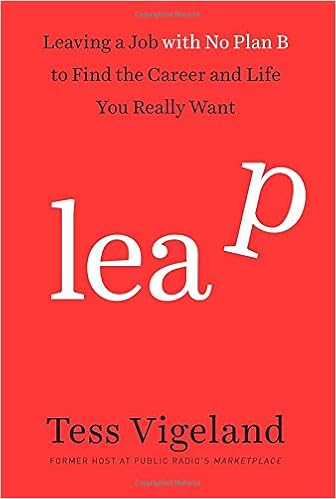For the longest time, I think I took for granted that corporate America was all about appeasing shareholders, paying CEOs huge sums of money, treating employees like cogs in the machine, and making huge profits at any cost. I figured I should just expect companies utilize huge layoffs, give executives enormous golden parachutes even if they totally screw up, and outsource jobs to foreign countries. Profits and the bottom line were of utmost importance even if a company was degrading the environment, cheating customers and clients, or putting out shoddy products or services. Yes, I’m quite cynical.
But it wasn’t always that way. Once upon a time, many corporations wanted to offer top notch products and services, CEOS didn’t make 400 times what a lower level employee made, appeasing shareholders wasn’t always of utmost importance, and employees were treated like assets, not costs. What changed?
Well, you can blame a lot of what changed and how things went wrong on the late Jack Welch, the former CEO of General Electric. It was Welch who helped create the hellish landscape that is so much of America’s corporate landscape.
Welch, grew up poor and scrappy, but through obtaining a college education and a lot of hard work, he was able to climb the ladder at General Electric. That alone may seem admirable, but it is what he did during his tenure at General Electric that caused so many problems for the company, its employees, and its customers.
Once upon a time, General Electric was one of the most respected and successful companies in the United States. Often referred to “Generous Electric,” GE provided topnotch products that filled our homes and businesses. And GE also provided its employees, blue collar, white collar, and pink collar, with excellent pay and benefits. Workers expected to work at GE for nearly a lifetime, and retire with a decent pension.
But that changed once Welch took over as CEO and chairman in 1981. And in the twenty years that followed, Welch and his cronies made decisions that both hurt GE and its reputation.
To Welch, shareholder profit was of utmost importance. And he implemented three key tools while at GE-downsizing, deal making, and financialization. Through downsizing, Welch began laying off thousands of workers by massive firings, offshoring jobs, and outsourcing. Through deal making, Welch padded the bottom line through billions of dollars in acquisition, which had very little to do with GE’s initial business. And with financialization, Welch got rid of GE’s manufacturing base, and instead magnified GE Capital, which focused on investments and insurance. And you thought GE was just about toasters and ovens.
At first, Welch’s tenure looked good, at least to shareholders as profits and stock prices were rising. Welch was treated like some golden god of corporate America, and was the focus of many business articles praising him as an effective leader and businessman. Welch wrote several books and Trump was a fan of his (because of course, he was).
But appeasing shareholders and increasing stock prices isn’t everything, and Welch’s twenty year tenure did cause a lot of problems, and not just for GE. Many of Welch’s practices were implemented at other companies, and soon became standard operating procedures for most corporations. And Gelles goes into great length how these practices are not good for the companies, its workers and customers/clients, and America as a whole (not to mention the rest of the world).
Reading this book, I got really pissed off. I joined the workplace a bit after Welch took over at GE, and for the longest time, I thought his way of managing a company was just how things were and I had to put on my big girl panties and cope with it. But no. We don’t need to do things Welch’s way, and it’s better for all of us if were reverse course, and get back on track on making sure we make a world free of Welch’s malfeasance.







 The workplace always has a way to inspire a good book, and it definitely inspires author Doree Shafrir in her spot-on satirical release Start Up: A Novel.
The workplace always has a way to inspire a good book, and it definitely inspires author Doree Shafrir in her spot-on satirical release Start Up: A Novel.
